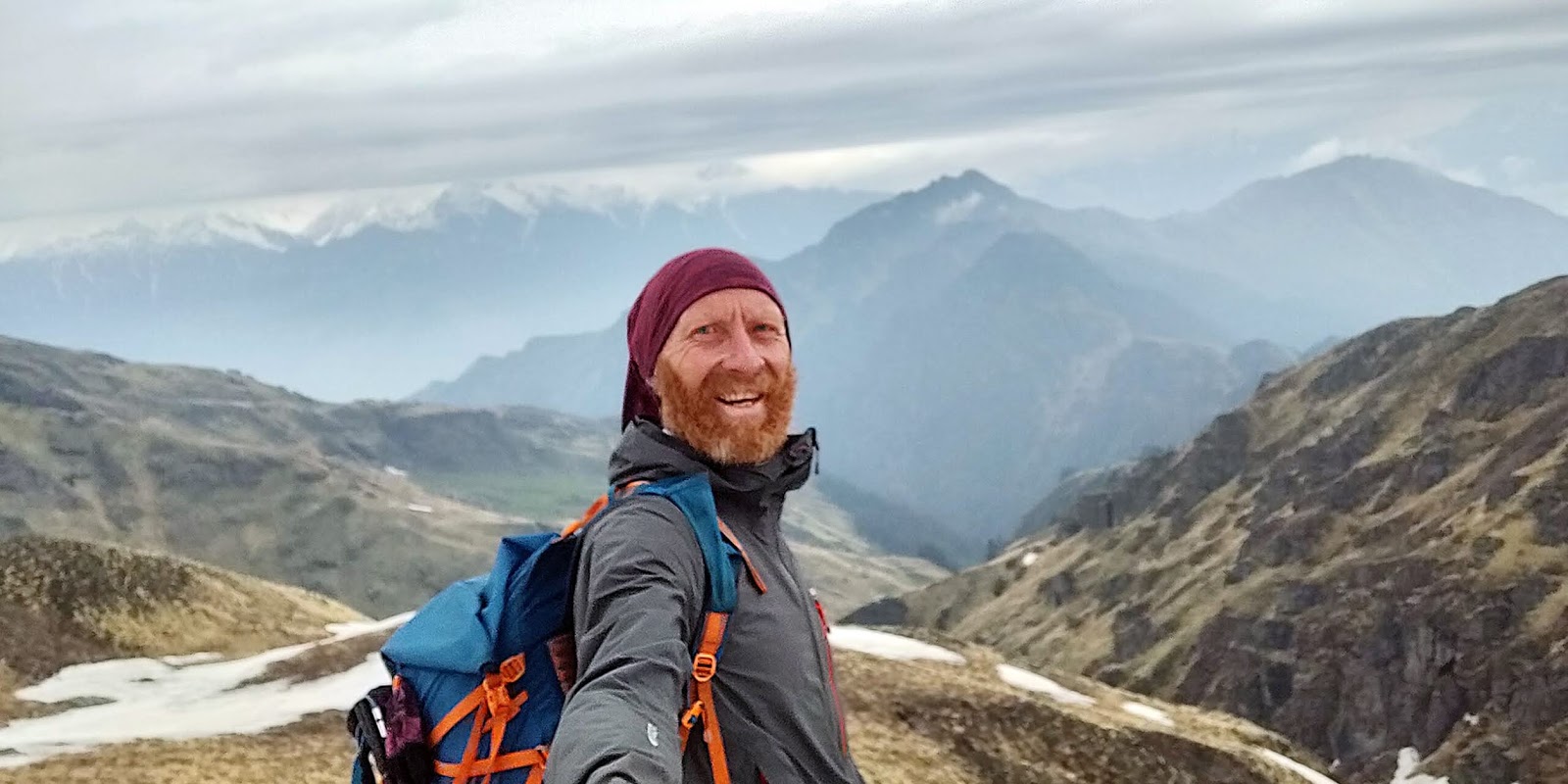Six years on, his love for the wild continues
Jumping from high rocks, swimming below the water surface, sleeping on a rocky riverbed — Peter Van Geit likes to feel the adrenaline rushing through his veins every time. The 41-year-old nature enthusiast has also ridden over 50,000 km across India to the Himalayas thrice, on his Bullet. “I can’t sit in a place for more than 10 seconds,” says Peter with a laugh. Born and brought up in Belgium, he is settled in Chennai since 1997 and is currently working as a project manager in CISCO. From organising social treks, bird watching camps and photo walks, to regular lake and beach cleanups, Peter is a man of many missions.
Talking about Chennai Trekking Club (CTC), Peter says it’s the largest and the most active trekking group in India, adding that the non-profit organisation currently has 8,000 members. “In 2009, we organised a cleanup drive to save Tada waterfalls. Since then, the group has been receiving wonderful support. Now, we have become more responsible travellers,” he says. So, what’s the objective of CTC? “It brings together those who are passionate about outdoors and nature. It helps them to connect with each other and experience selfless teamwork,” says Peter.
But, how does he achieve this? Peter feels that nature is the only victim today, with people focusing only on short term gain. “The direction in which humanity, consumerism and economy are heading is not in harmony with nature,” he points out. He believes that people change when they are surrounded by role models. “Someone has to take the first step and show the way,” he explains.
Has the issue of environmentalism become so clichéd that we end up ignoring them altogether? Are the ‘go green’ and ‘cleanup drive’ campaigns so ubiquitous that they aren’t taken seriously? What does it take to change this ‘so what’ attitude? “Activism has been largely focused towards making the common man understand the seriousness of how important it is to save the planet. It is obvious that without significant changes in our daily lives, activism fails,” he says.
Pointing out that the garbage pile on the beaches has steadily been increasing for the last three years, he says we do not realise the effect of dumping plastic bags, killing a vital ecosystem. “Mere cleanups or placing dustbins can’t be the ultimate solution,” he says.
Having plans to plant more saplings around the city, he emphasised the need for sustainable economic development.
Peter spends his time googling for the topographical maps of scenic places in South India to unearth rare trails, ancient forts, beautiful gorges and hidden waterfalls, for trekking. Commenting on the government’s role in encouraging these activities, Peter says it’s unfair to blame them completely. “I believe that change has to start within. Of course, things can accelerate if the government provides support. Only when you get people involved, they will start caring about it,” he says.
(The piece was originally written for The New Indian Express)
Talking about Chennai Trekking Club (CTC), Peter says it’s the largest and the most active trekking group in India, adding that the non-profit organisation currently has 8,000 members. “In 2009, we organised a cleanup drive to save Tada waterfalls. Since then, the group has been receiving wonderful support. Now, we have become more responsible travellers,” he says. So, what’s the objective of CTC? “It brings together those who are passionate about outdoors and nature. It helps them to connect with each other and experience selfless teamwork,” says Peter.
But, how does he achieve this? Peter feels that nature is the only victim today, with people focusing only on short term gain. “The direction in which humanity, consumerism and economy are heading is not in harmony with nature,” he points out. He believes that people change when they are surrounded by role models. “Someone has to take the first step and show the way,” he explains.
Has the issue of environmentalism become so clichéd that we end up ignoring them altogether? Are the ‘go green’ and ‘cleanup drive’ campaigns so ubiquitous that they aren’t taken seriously? What does it take to change this ‘so what’ attitude? “Activism has been largely focused towards making the common man understand the seriousness of how important it is to save the planet. It is obvious that without significant changes in our daily lives, activism fails,” he says.
Pointing out that the garbage pile on the beaches has steadily been increasing for the last three years, he says we do not realise the effect of dumping plastic bags, killing a vital ecosystem. “Mere cleanups or placing dustbins can’t be the ultimate solution,” he says.
Having plans to plant more saplings around the city, he emphasised the need for sustainable economic development.
Peter spends his time googling for the topographical maps of scenic places in South India to unearth rare trails, ancient forts, beautiful gorges and hidden waterfalls, for trekking. Commenting on the government’s role in encouraging these activities, Peter says it’s unfair to blame them completely. “I believe that change has to start within. Of course, things can accelerate if the government provides support. Only when you get people involved, they will start caring about it,” he says.
(The piece was originally written for The New Indian Express)



Comments
Post a Comment